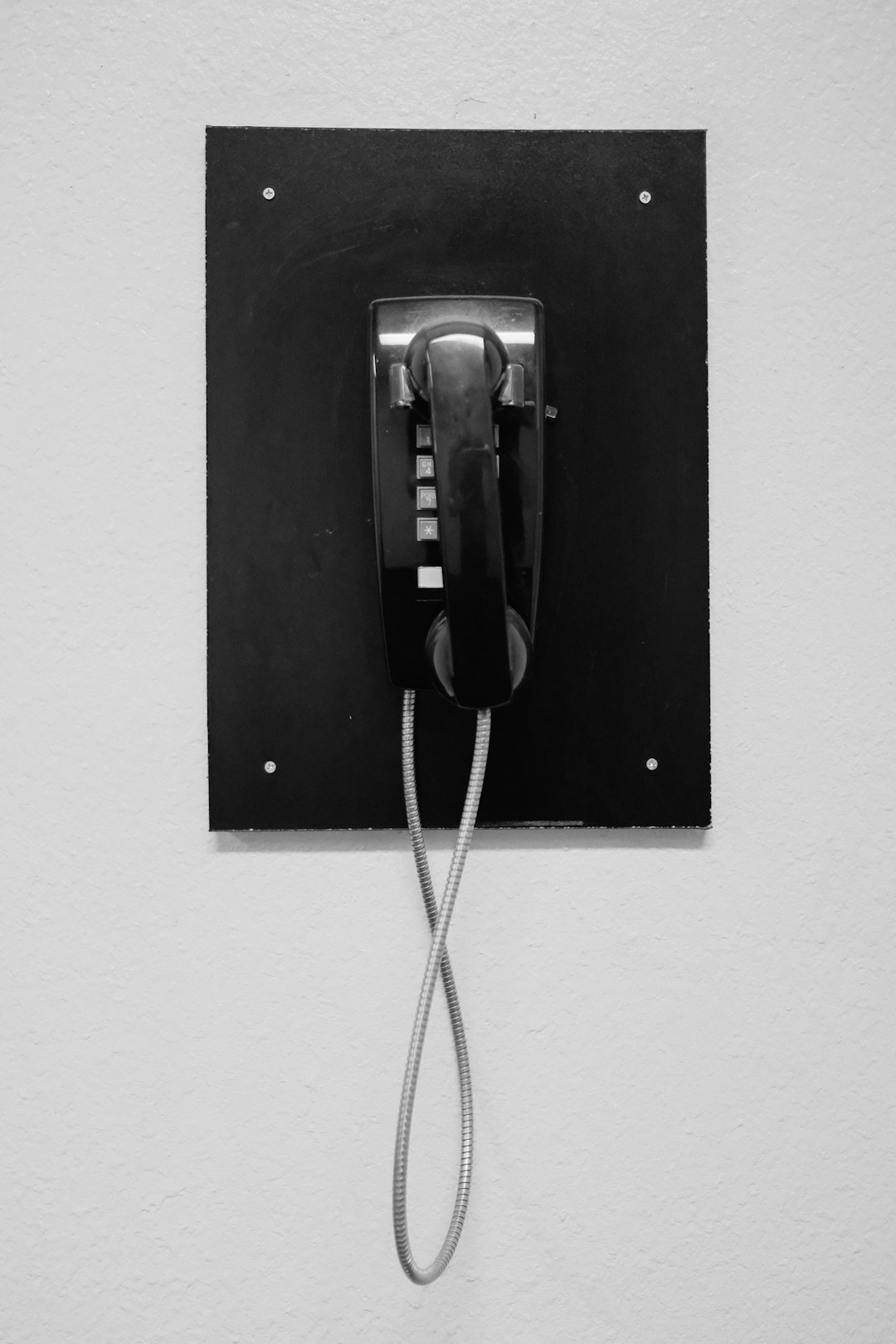Deceptive text messages (spam) are illegal in Mississippi under state laws prohibiting unfair practices. Recipients have legal recourse through a lawyer specializing in spam cases, seeking damages or blocking unauthorized senders. Consulting such a lawyer ensures protection against privacy invasion and fraud, while promoting responsible communication per Mississippi's strict spam text laws.
In the digital age, text messages have become a prevalent form of communication. However, deceptive or misleading content in these messages is not only unethical but also illegal under Mississippi’s anti-spam laws. This article guides you through the intricacies of these laws, outlines the legal consequences of sending misleading texts, and educates consumers on their rights. Additionally, it discusses when to consult a lawyer specializing in spam texts for effective legal recourse.
Understanding Mississippi's Anti-Spam Laws

In Mississippi, deceptive or misleading text message content is prohibited under state laws designed to protect consumers from unwanted and harmful spam messages. These laws are stringent, making it crucial for businesses and individuals alike to be aware of their implications. If a text message contains false or misleading information intended to persuade the recipient into taking an action, such as making a purchase or revealing personal information, it can be considered illegal under Mississippi’s anti-spam regulations.
Seeking legal counsel from a specialist in telecommunications law is essential for understanding these rules and ensuring compliance. A lawyer for spam texts in Mississippi can guide you through the intricacies of the law, helping to draft text message content that avoids deception or misrepresentation. Staying informed about these laws not only safeguards against potential penalties but also fosters ethical communication practices.
Legal Consequences of Misleading Text Messages

In Mississippi, deceptive or misleading text message content is taken very seriously under state laws prohibiting unfair and deceptive practices. If a text message contains false or misleading information designed to entice or deceive recipients into providing personal information, making purchases, or taking other actions, it can be considered illegal spam. Individuals who send such messages could face significant legal consequences, including civil lawsuits for damages caused by the spamming activities.
Those affected by misleading text messages have the right to seek compensation from the offending parties through a lawyer for spam texts in Mississippi. These legal actions can result in monetary damages, injunctions against further spamming, and other remedies aimed at stopping the unauthorized and deceptive practices. It’s crucial to consult with an experienced attorney who specializes in consumer protection laws to understand your rights and options when dealing with deceptive text messages.
Protecting Consumers: Your Rights

In the digital age, consumers are increasingly vulnerable to deceptive text messages, often referred to as spam. Such messages can include misleading or false information aimed at tricking individuals into providing personal data or making purchases they wouldn’t otherwise consider. Thankfully, laws like those in Mississippi protect consumers from these practices. If you’ve received a spam text message, it’s important to know your rights.
Under Mississippi law, businesses are prohibited from sending deceptive or misleading text messages. This includes unsolicited marketing texts and those that contain false or misleading representations about products or services. If you feel your privacy has been invaded or you’ve been a victim of fraudulent activity due to spam texts, consulting with a lawyer specializing in consumer rights and spam text cases can help you understand your legal options. They can guide you on how to take action against the sender, whether through blocking the number, reporting it to authorities, or seeking compensation for any damages incurred.
When to Hire a Lawyer for Spam Texts

If you’ve received deceptive or misleading text messages, it’s important to know that there are legal avenues to resolve the issue. In Mississippi, laws protect consumers from spam texts and unethical marketing practices. While some cases may be resolved through reporting to relevant authorities, hiring a lawyer for spam texts is advisable when the violation is severe or if you seek specific legal recourse.
A legal professional specializing in telecommunications law can help navigate complex regulations and determine the best course of action. They can assist with sending cease-and-desist letters, negotiating settlements, or representing you in court if necessary. If you’ve endured repeated spam texts or feel your rights have been violated, don’t hesitate to consult a lawyer for spam texts in Mississippi to explore your legal options and protect yourself from future deceptive messaging.






